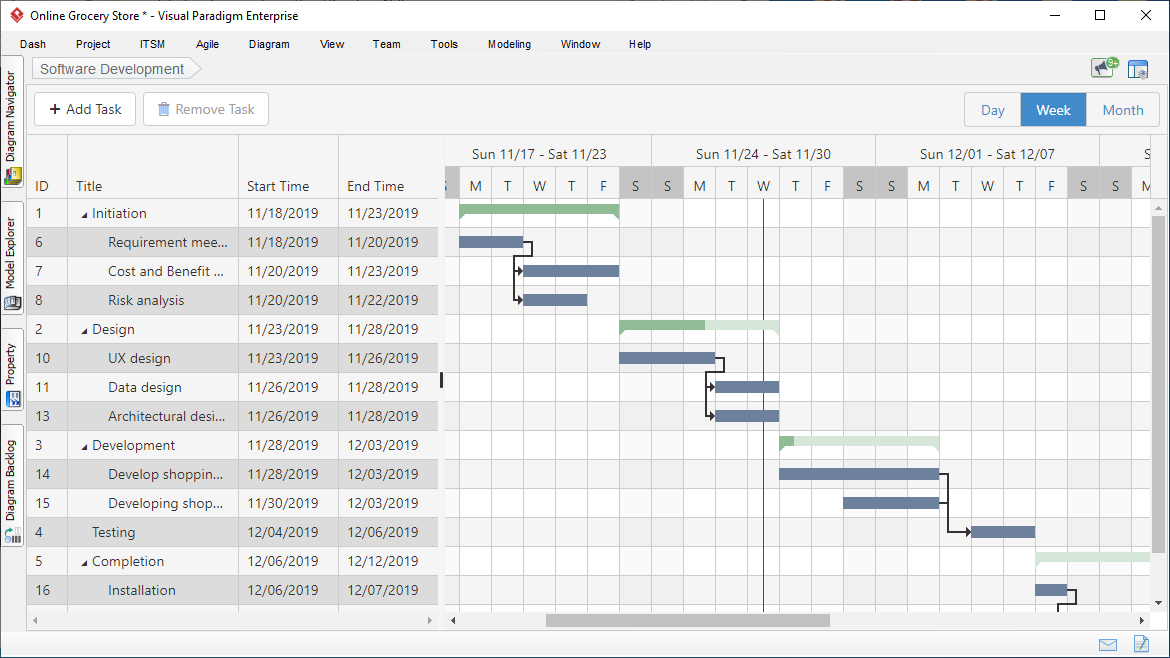Perfect if you are finding a project management or Gantt chart software that makes work easier

Plan your projects and tasks with our intuitive Gantt chart software. It is a project planner and Gantt chart software that saves your time and makes work easier. Just jump in and start planning tasks. No training required.
